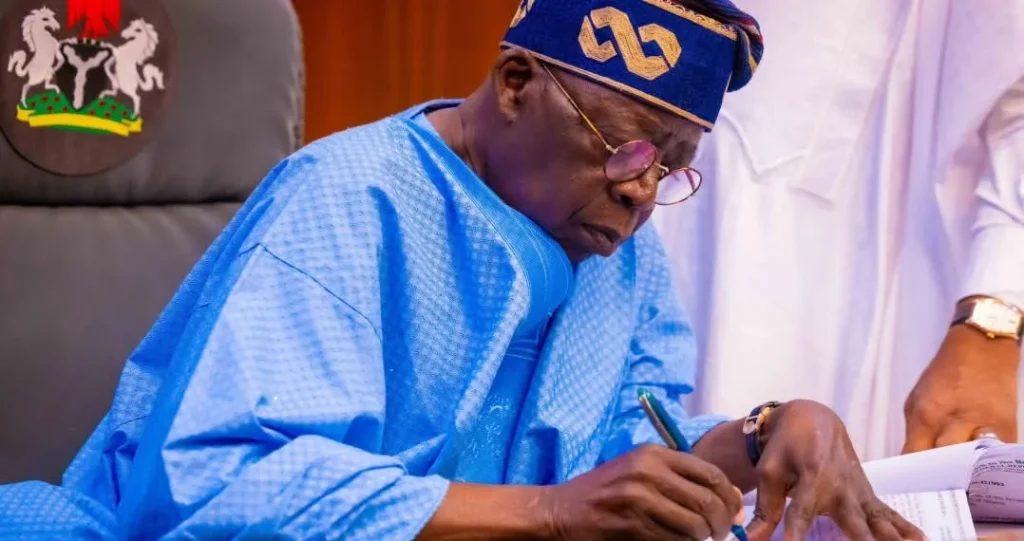Nigeria is preparing to fill its global diplomatic vacancies after two years of operational gaps. The Presidency has reportedly commanded the final review of the ambassadorial nomination list. This action follows growing concerns about the nation’s lack of permanent envoys abroad.
Several senior government officials, speaking under the condition of anonymity, verified the development.
They stated that President Bola Tinubu has directed a comprehensive “final cleanup” of the list before the public release of the appointments.
Reasons for the Prolonged Delay
One senior official indicated that the list is expected to be finalized “very soon.”
The delay in appointments stems from necessary internal revisions. Since the list was initially submitted to the Senate, numerous nominees have become ineligible. Reasons for ineligibility include:
- Retirement: Some individuals on the original list have since retired or are approaching retirement age.
- Casualties: Certain nominees have passed away or taken up different appointments.
- Withdrawals: Others withdrew their names due to personal issues or poor health.
The Senate completed its screening process some time ago, and the list was returned to the President. The current revision ensures that the final selection includes only those who remain qualified and available to serve. Officials confirmed that reverification of new names is a swift process that “can be completed in a week.”
The Diplomatic Gap and Urgency
The push to conclude the appointments gains urgency following the massive diplomatic recall in September 2023. President Tinubu had recalled all ambassadors from Nigeria’s 109 foreign missions as part of a strategic review.
For over two years, most missions have been overseen by chargés d’affaires or senior consular officers. These officials operate with limited formal negotiating authority.
A senior Foreign Service source stressed the challenge: Foreign governments often withhold the customary regard given to full ambassadors from chargés d’affaires. This absence is particularly problematic “in moments of crisis or negotiation.”
The need for high-level representation is underscored by recent diplomatic tension. President Donald Trump threatened military action against Nigeria over alleged anti-Christian violence. The presence of accredited ambassadors, while not preventing the crisis, would facilitate smoother communication and negotiation during such times.
Funding and Final Confirmation
The long delay has also been linked to significant financial challenges. Earlier reports indicated that over $1 billion was necessary. This funding was required to settle arrears for foreign service officers, renovate dilapidated embassies, and replace aging vehicles.
Sources confirmed that the Minister of Foreign Affairs, Yusuf Tuggar, is scheduled to meet with President Tinubu on Tuesday afternoon at the State House.
While the official agenda is unconfirmed, finalization of the crucial ambassadorial list is hinted as a key topic. The Presidency assures that the official list will be made public promptly upon finalization.
READ MORE: Diplomatic Storm: Nigeria Roiled by US Threat of Military Intervention






